Little Brother
Book Excerpt
"You wouldn't believe it. This cop, he was like eighteen years old and he kept saying, 'But sir, why were you in Berkeley yesterday if your client is in Mountain View?' I kept explaining to him that I teach at Berkeley and then he'd say, 'I thought you were a consultant,' and we'd start over again. It was like some kind of sitcom where the cops have been taken over by the stupidity ray.
"What's worse was he kept insisting that I'd been in Berkeley today as well, and I kept saying no, I hadn't been, and he said I had been. Then he showed me my FasTrak billing and it said I'd driven the San Mateo bridge three times that day!
"That's not all," he said, and drew in a breath that let me know he was really steamed. "They had information about where I'd been, places that didn't have a toll plaza. They'd been polling my pass just on the street, at random. And it was wrong! Holy crap, I mean, they're spying on us all and they're not even competent!"
Editor's choice
(view all)Popular books in Creative Commons, Post-1930, Fiction and Literature
Readers reviews
"LB" is, as the other reviews indicate, a strongly political work, criticizing recent moves toward government intrusion in areas most people would consider private. That is great. And I was impressed that Doctorow managed to both accurately criticize American policy and yet avoid tarring an entire country as backward troglodytes (something that happens all too often).
But as I was reading this book, I kept thinking of Herman Melville. Melville wrote, of course, what is almost surely the best American novel, and perhaps even the best novel in English: "Moby Dick." Before writing "MB," Melville wrote a number of good novels, including "Typee" and "Omoo" (which are worth reading still, btw).
But Melville also wrote "White Jacket," which was his attempt at social commentary. "White Jacket" is a novel arguing against flogging as a naval punishment. It is also amazingly dull (to me, anyway).
I don't think any sci-fi novel will be challenging "Moby Dick" for its place at the top of the novel rankings. But just as trying to argue for social change made Melville write a novel inferior to his other work. And I think the same goes here.
I am of course far from the first to argue in this vein at the general level. But I felt that Doctorow's choice to try and engage present-day issues diminished my enjoyment of the novel. For example, much of the technology he talks about either already exists (RFID, Onion routing, etc.) or could easily. And most of the security issues Doctorow treats are far from new.
Thus, as I was reading the novel, I kept wondering: Why is he treating this like it's some sort of bleeding edge stuff? Does anybody even semi-savvy not know about these issues?
Now I know that Doctorow may be trying to spread knowledge, and that is great, but when a work of art is used as a vehicle for political statement, usually it suffers as a work of art. And I think that is the case here.
But it's still a good read and highly recommended for sci-fi fans.
- Upvote (0)
- Downvote (0)
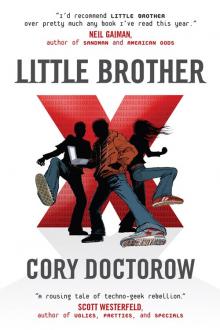
 Free Download
Free Download


























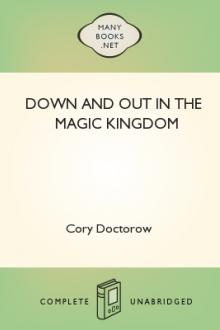
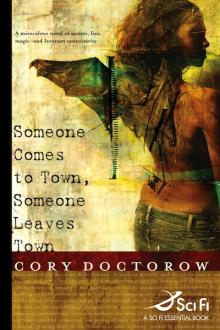

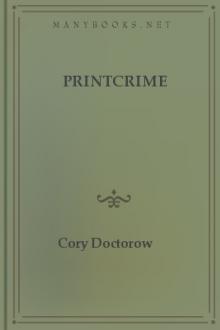


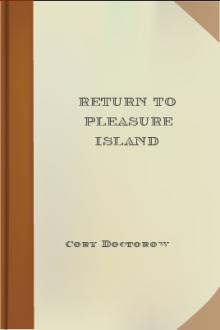
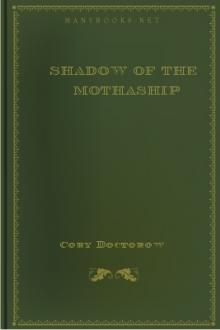
-itok=vcKIB5v1.jpg)